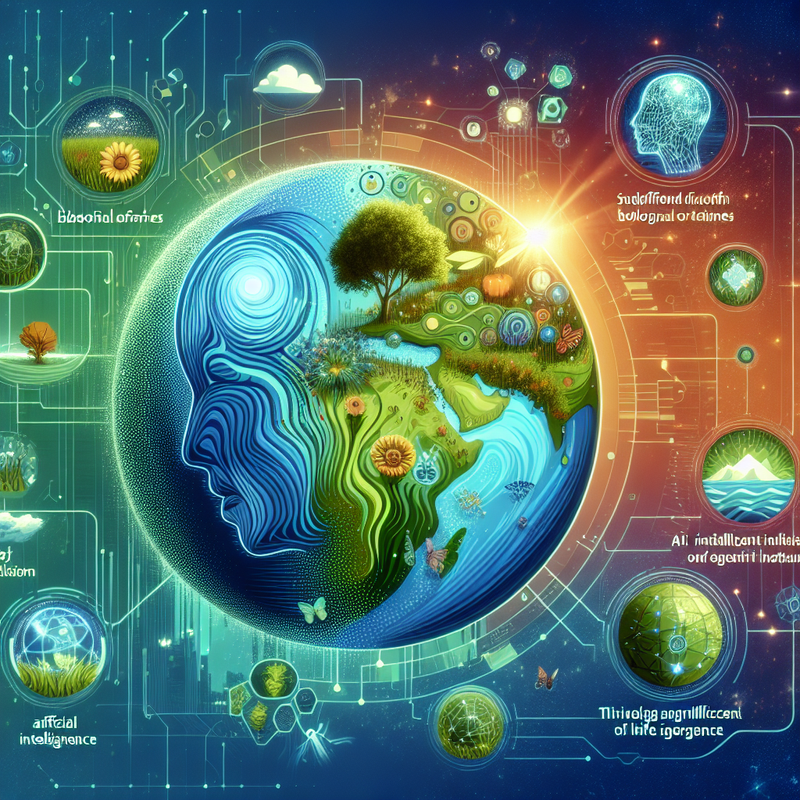Enter the fine-tuning argument and the cosmic Goldilocks story, where everything is just right for life to exist—so perfectly balanced that it makes even the most skeptical minds scratch their heads. Yet, some atheists scoff at this, treating it as cosmic coincidence or the byproduct of an infinite number of universes where one was bound to get it right. But let's put this into perspective.
Imagine baking a cake, but instead of following a forgiving recipe, you’re working with measurements so precise that a microscopic shift in a single ingredient would turn your dessert into a kitchen disaster. That’s our universe. The force of gravity, the strong nuclear force, the exact charge of an electron—everything is in the narrowest of ranges necessary for life to emerge. Change any one of these values, even slightly, and atoms wouldn’t form, stars wouldn’t shine, and life would be a cosmic impossibility.
Scientists call this the fine-tuning of the universe, and it’s a real puzzle. The odds of all these constants aligning the way they have are so astronomically low that calling it luck is like winning the lottery a billion times in a row—without ever buying a ticket.
Even within the universe, our own planet sits in a Goldilocks Zone—not too hot, not too cold, but just right for life. We orbit the right kind of star, at the right distance, with the right kind of atmosphere. Our planet isn’t a burning hellscape like Venus, nor a frozen wasteland like Mars. Our magnetic field shields us from deadly solar radiation, our moon stabilizes our climate, and liquid water flows in abundance. Earth isn’t just habitable; it’s shockingly, incredibly, and extraordinarily perfect.
So how do skeptics respond? Enter the multiverse theory—the idea that there are infinite universes, and we just happen to live in the one that works. Think of it as throwing an infinite number of darts at a dartboard and assuming one of them had to hit the bullseye.
But hold on—this is not science, it’s speculation. There’s no evidence for these other universes, no way to test for them, and no reason to believe in them beyond the need to explain away fine-tuning. If we’re rejecting God because we “don’t see Him,” shouldn’t we apply the same skepticism to unseen, unprovable infinite universes?
Here’s the kicker: If life were just an accident, you’d expect the universe to be teeming with it. Yet, despite searching thousands of exoplanets, we’ve found exactly zero planets with confirmed intelligent life. Statistically, even in a purely naturalistic framework, life should be popping up all over the place. And yet—nothing. It turns out, we’re not just rare. We’re practically miraculous.
So, what’s more reasonable? That an unconscious, indifferent universe somehow got every cosmic dial exactly right for us to exist by pure chance? Or that a Mind was behind the equations?
As physicist Paul Davies once said, “The impression of design is overwhelming.” Maybe, just maybe, that’s because it was designed.


